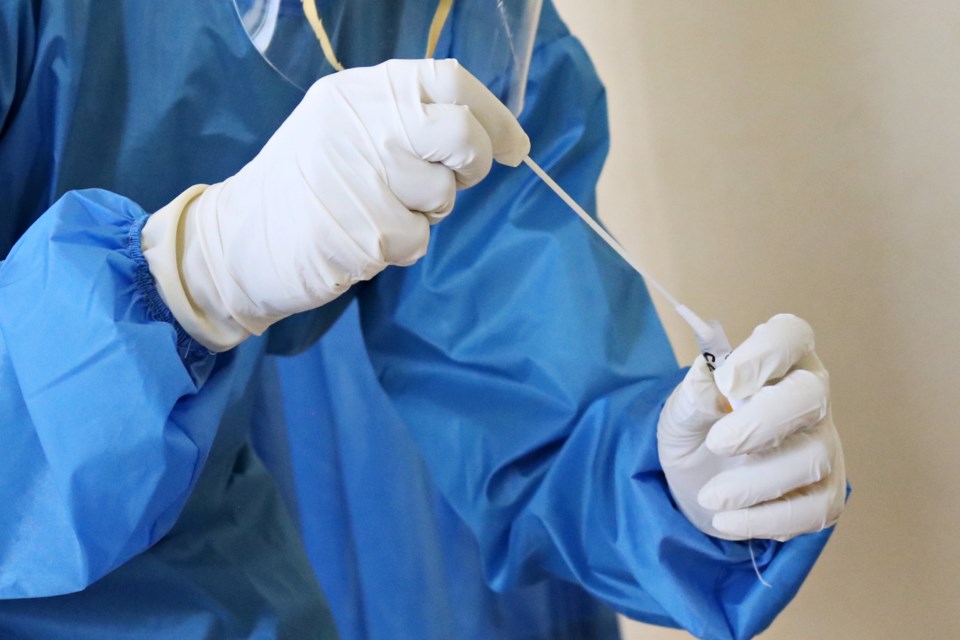Longmont’s wastewater is now being used as part of a statewide program to monitor levels of COVID-19 and predict when the next outbreak of the pandemic will hit Colorado.
Roberto Luna, supervisor of Longmont’s water quality laboratory, told the city council, Tuesday, that data from tests from the city’s wastewater began being posted on the state’s COVID-19 website in late December. Longmont is part of a pilot project among other municipalities to gauge virus levels found in wastewater.
Initial testing from wastewater samples allow health officials to predict a COVID-19 outbreak within a three-to-eight day window, Luna told the city council.
The information could help schools and hospitals prepare for a surge in cases, said Dale Rademacher, deputy city manager. “In the event we see a significant spike … that would cause us to share that information and have it available to public entities,” Rademacher told the council.
Longmont's relatively high COVID-19 numbers - those residents reported as testing positive for the virus - compared to the rest of Boulder County, does not skew the samples being provided to the state, Rademacher said Wednesday in an email. "The samples being taken in Longmont,, as well as many other treatment plants along the Front Range, simply provide an indication of the viral loading in that community."
In August, Longmont signed an intergovernmental agreement to be part of the testing. Longmont is one of 16 municipalities, representing 50% to 60% of the state’s population, providing wastewater samples to the testing labs.
Studies have shown that individuals who contract COVID-19 have detectable virus particles in their stool before, during, and after their infection, according to a Colorado Department of Public Health and Environment news release. By measuring the quantity of these particles found in wastewater, the state hopes to understand how prevalent COVID-19 is in Colorado and to identify shifts in the pandemic.
Higher levels of viral materials in a group of people could indicate a rise in cases in a community, said Nicole Rowan, clean water program manager for the CDPHE in the news release.
Longmont and other wastewater utilities collect wastewater samples at their treatment and send them to partner labs. Colorado State University, Metropolitan State University, GT Molecular are involved in the project, according to the CDPHE.
UPDATE: Story now includes a new comment from Deputy City Manager Dale Rademacher.


